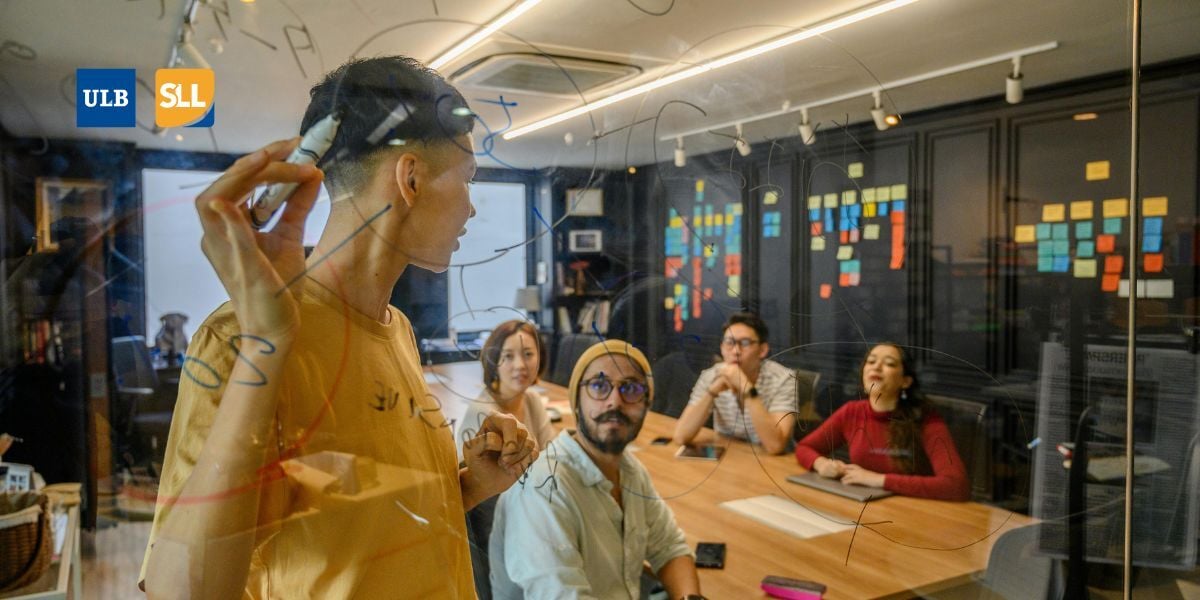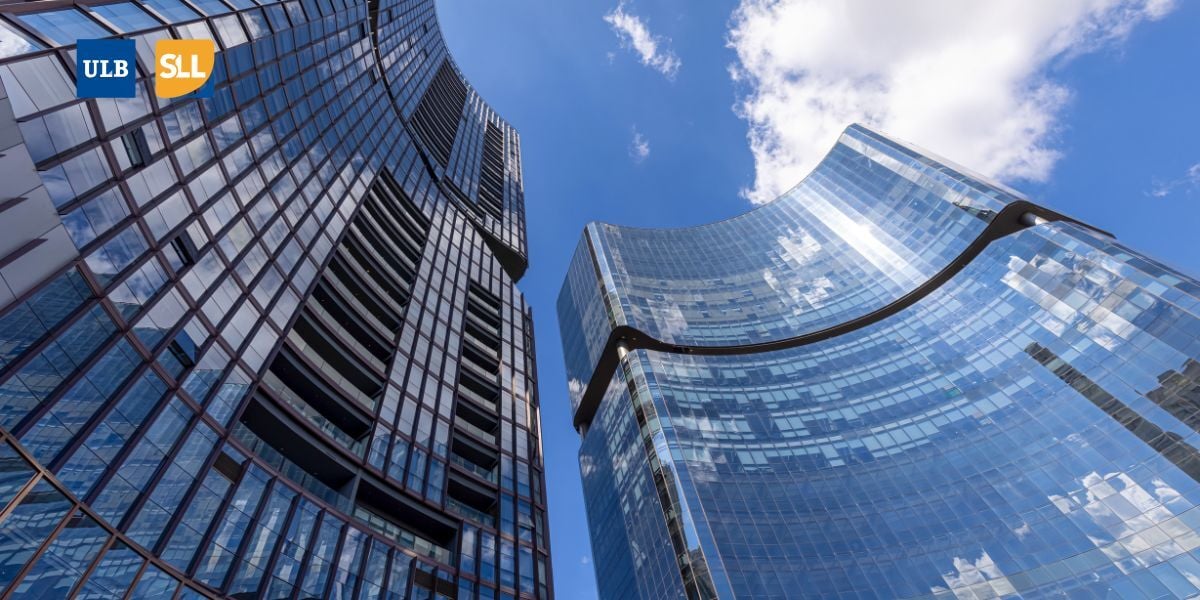Learn more about us.
Attitudes Required of Entrepreneurs | From Japan to Belgium: A Biotech Field Report Series
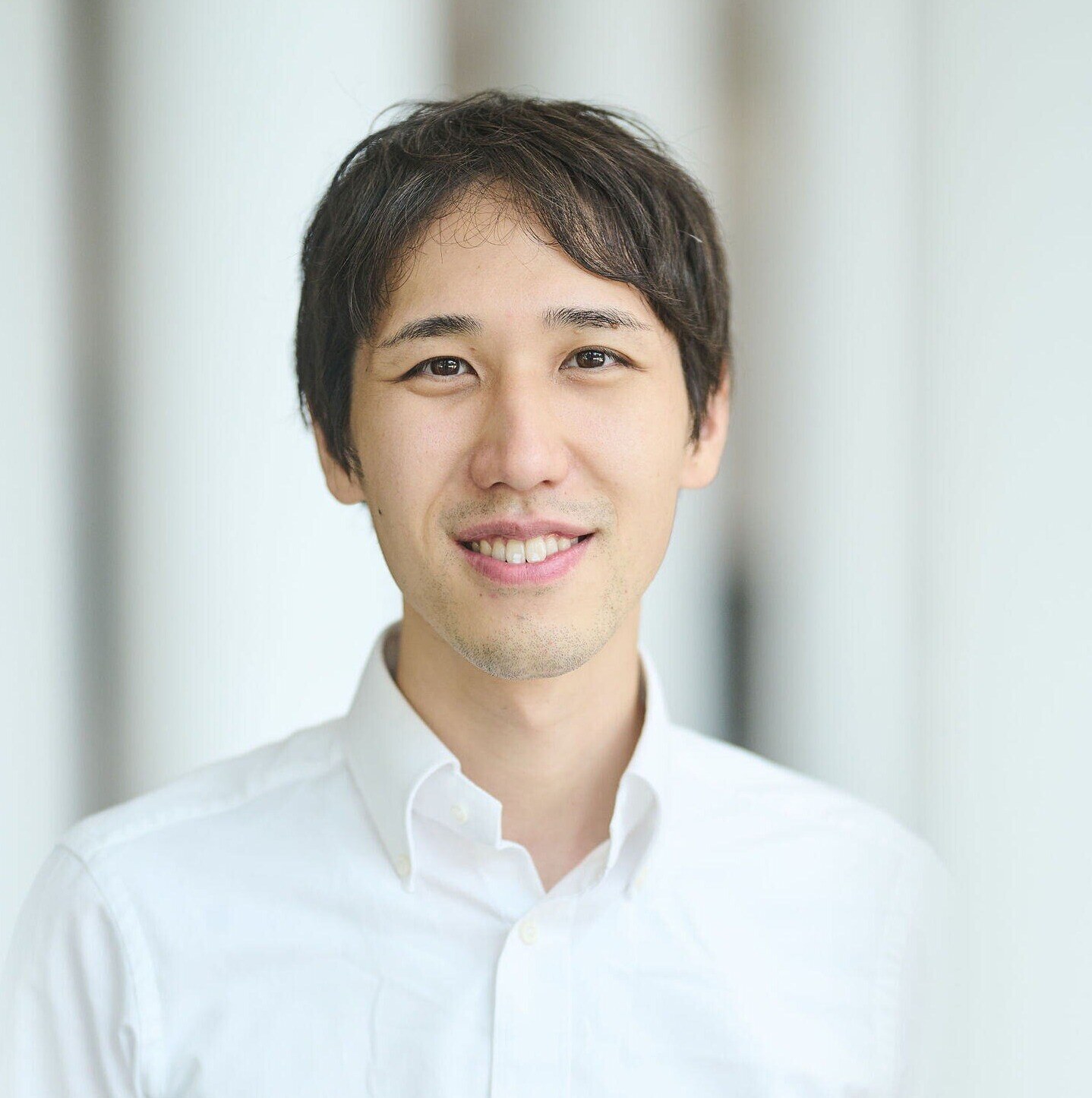
Dr Naohiko Aketa |Author
A graduate of Keio University School of Medicine and the Solvay Advanced Master in Biotech & Medtech Ventures, Dr. Naohiko Aketa is an ophthalmologist with extensive experience in clinical treatment, regulatory review, and development support, now exploring Europe’s biotech ecosystem from his base in Brussels.
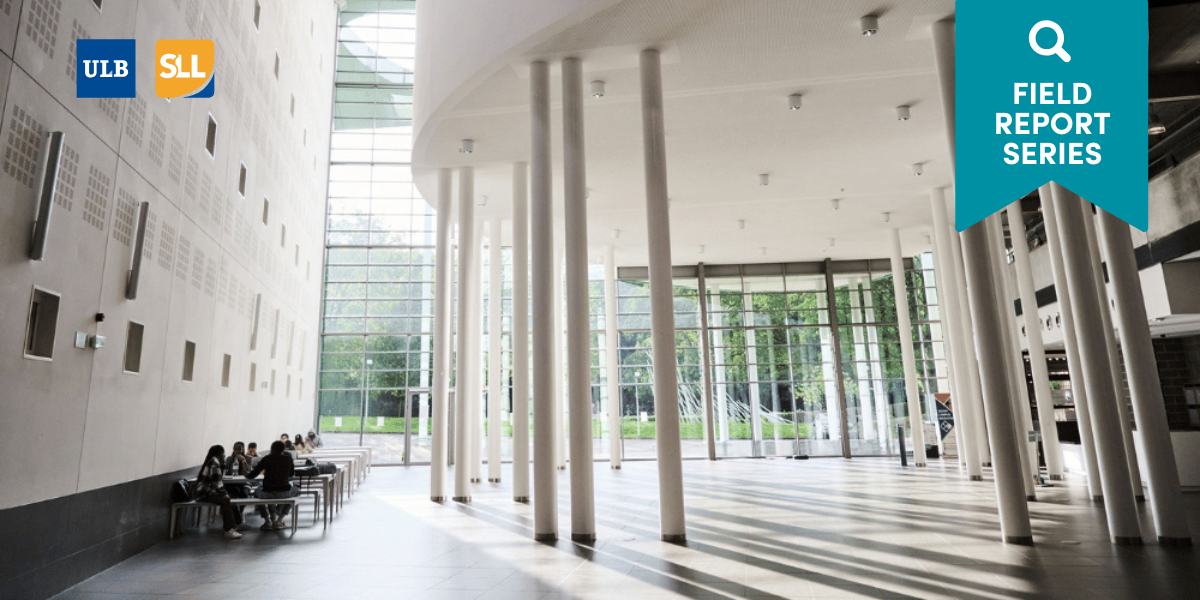
Stay connected
Never miss the latest insights, blogs and news. Subscribe to our newsletter.
Dr Naohiko Aketa came from Japan to join our Advanced Master in Biotech and Medtech Ventures. In this series, originally published in Japanese on the Nikkei Biotechnology & Business Publications, he shares insights into his experience. We’re pleased to re-publish parts of his reflections in English for our blog readers.
Find the full, original articles in Japanese here.
“In this second instalment, I would like to explain Belgium's history, its unique ecosystem, and the origins of its entrepreneurship programs. In 1995, the government of Flanders established VIB, regrouping the public funding of Research in Life Sciences of the 5 local universities. This overarching research institute was free from academic cliques and continued to invest only in excellent research by rigorously evaluating it every five years with an outside eye.
As a result, the percentage of papers published in top journals from VIB is now one of the highest in the world. The foundation of science and technology was also strengthened in southern Wallonia, where spin-out ventures were created from research institutions, venture capital investment was activated, and a flow of Exits to national and international pharmaceutical companies was formed. A life science ecosystem has been established in the heart of Europe in this way (Research Institute of Economics and Business Administration, Vol. 44, No. 1, Development Bank of Japan, Capital Investment Research Institute). For Belgium, the medical industry has now grown to be comparable to the chocolate industry.
However, in the heart of Europe's seemingly successful investment in science, a new problem arises in the biotech and medtech industries: a lack of entrepreneurs.
In fact, Belgium has a rare business school that was founded by a scientist-turned-entrepreneur to provide scientists and workers with opportunities to learn economics and management. Solvay Brussels School and industry, aware of the recent shortage of entrepreneurial talent in the EU, collaborated to create a unique Advanced Master's Program to develop human resources who can contribute to the development of the EU ecosystem.
I was the first one to enter the building, filled with soft early morning sunlight under a blue early-autumn sky. I nervously joined a table for a standing buffet in a mixture of English, French, Dutch (Flemish), and various other languages. In addition to Belgium, there were people from all over the world, especially from the EU. They were of different races, countries, genders, ages, and dress styles. The world is so diverse, but as a Japanese, I find this diversity refreshing.
Which door would you choose? Philip Vergauwen, one of the Academic Directors, who has taught business all over the world, asked us on our first day at SBS. There are three doors in front of you and one behind any one of the doors is a car. You have the right to choose one of the three doors, and if you answer correctly, you get the car. So you choose one door and walk to it, and the moderator (who knows the correct answer) opens one of the remaining two doors, the incorrect one. At this point, when you are told that you may change doors now, what will you do?
If you change the door you choose and get the car, good, but if you change the door and don't get the car, what will people think of you? They might blame you and wonder why you changed it. In the real world, it is easy for everyone to stick to their first decision, even when they know it is more rational to change their way of thinking.
However, you, as an entrepreneur, must have the courage to judge the situation appropriately and change. If changing is the right thing to do, you must change.”
- Are you interested in joining our latest cohort? See all the information about the Advanced Master in Biotech & MedTech Ventures on our programme page!
- See all articles in this series
Stay connected
Never miss the latest insights, blogs and news. Subscribe to our newsletter.

Newsletter subscription
Never miss the latest insights, blogs and news
Subscribe to our newsletter and never miss the latest insights, events and blogs.
What other people like
Related blogs
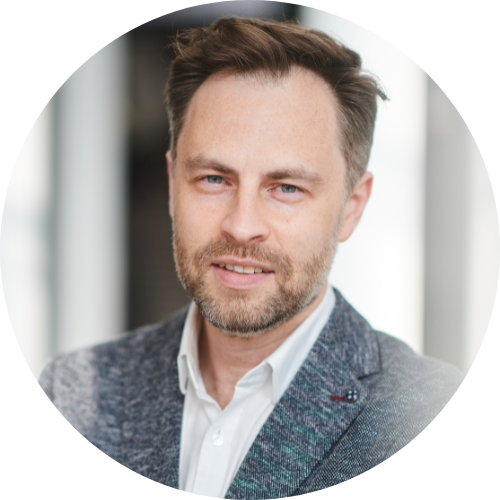
Arnaud is Strategy Manager at ENGIE, driving innovation, digitalisation, and energy transition. He brings hands-on expertise in strategy, marketing, product development, and organisational design.
2/06/25
.png)
Lorent is Professor of Finance and Financial Accounting at Solvay Brussels School and teaches at several universities in Belgium and France. He holds a PhD in Finance and works as a consultant in corporate finance, insurance regulation, and risk management.
27/05/25
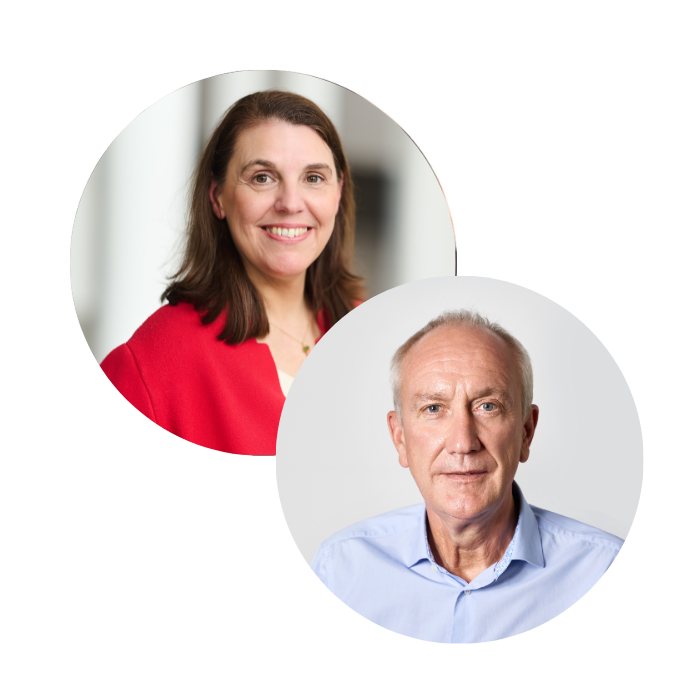
Marc has over 35 years of pharmaceutical industry experience across GSK, ViiV Healthcare, and biotech ventures. Founder of XMF Consulting. Gaëlle is an international MedTech executive with deep expertise in Sales, Marketing, and Business Transformation across major corporations. Senior Director of International Marketing at Pulmonx.
26/05/25
